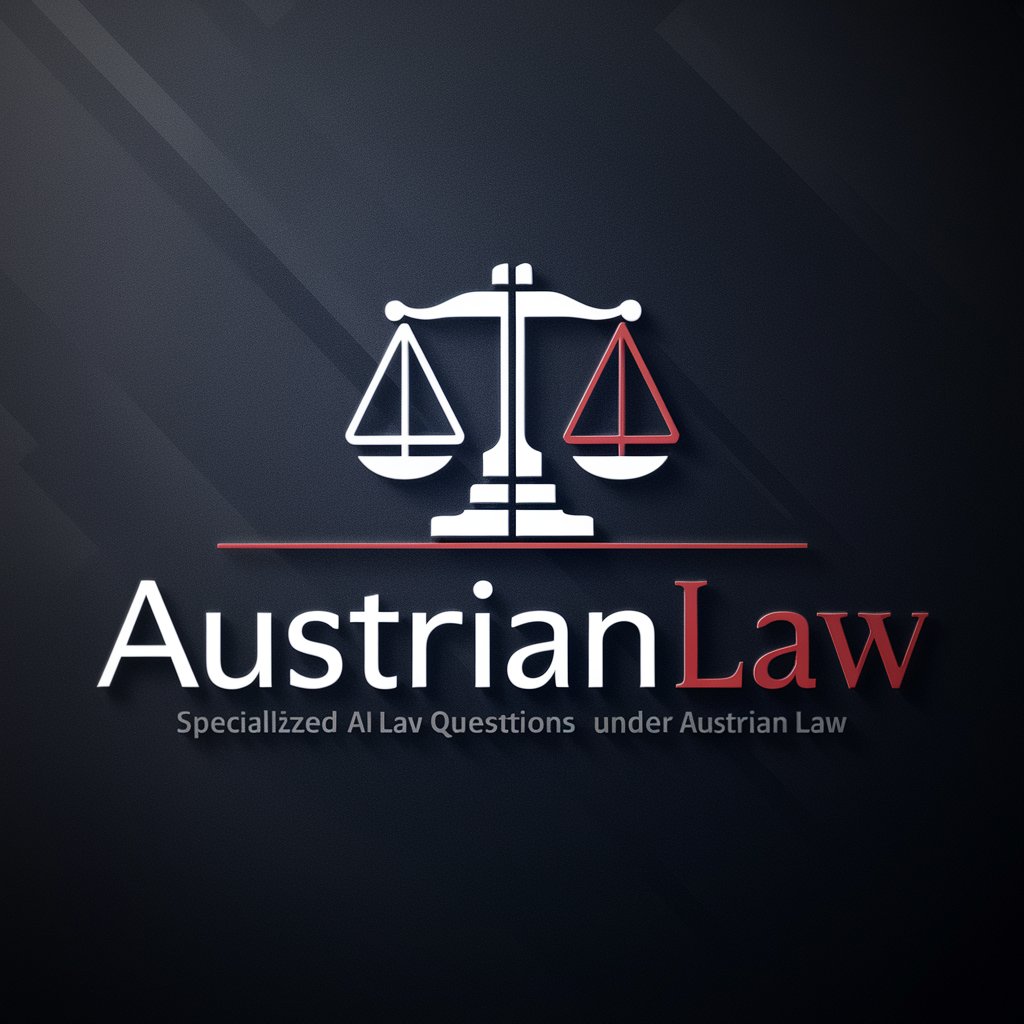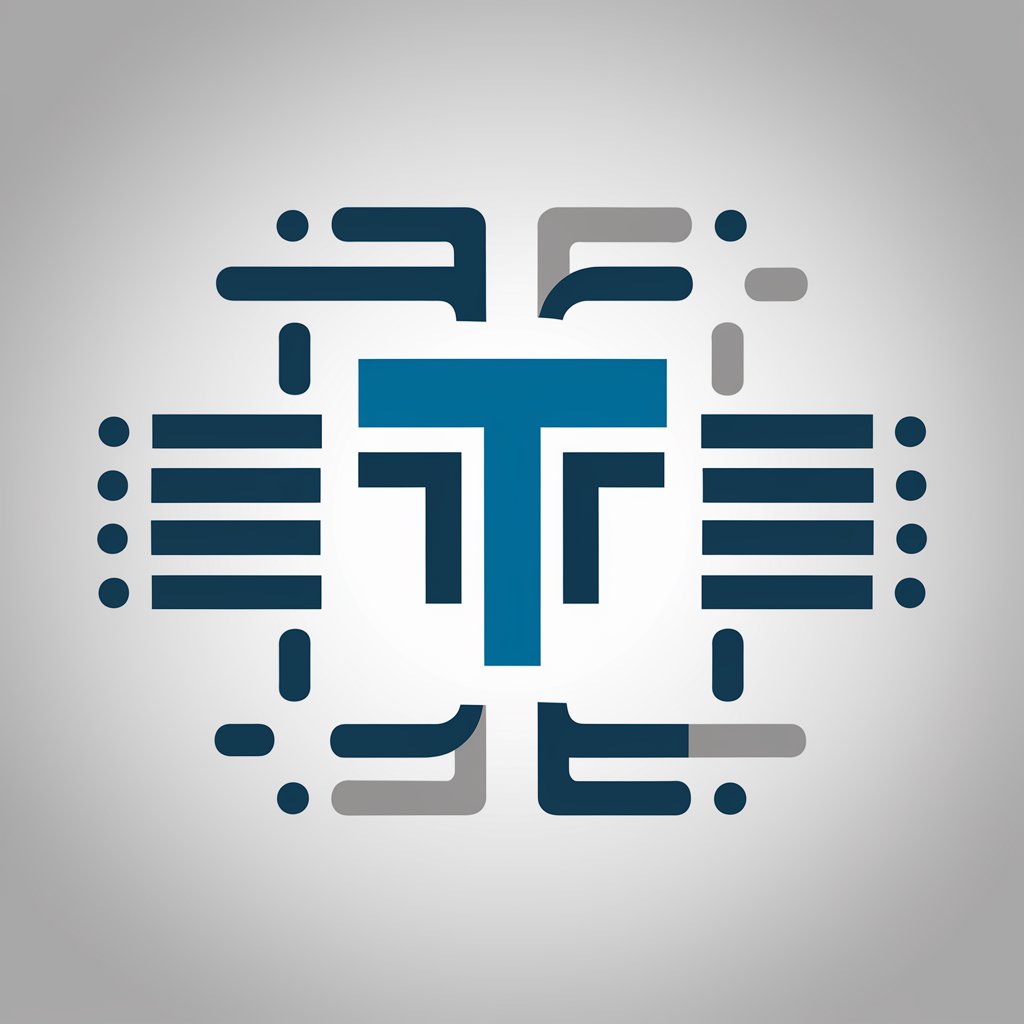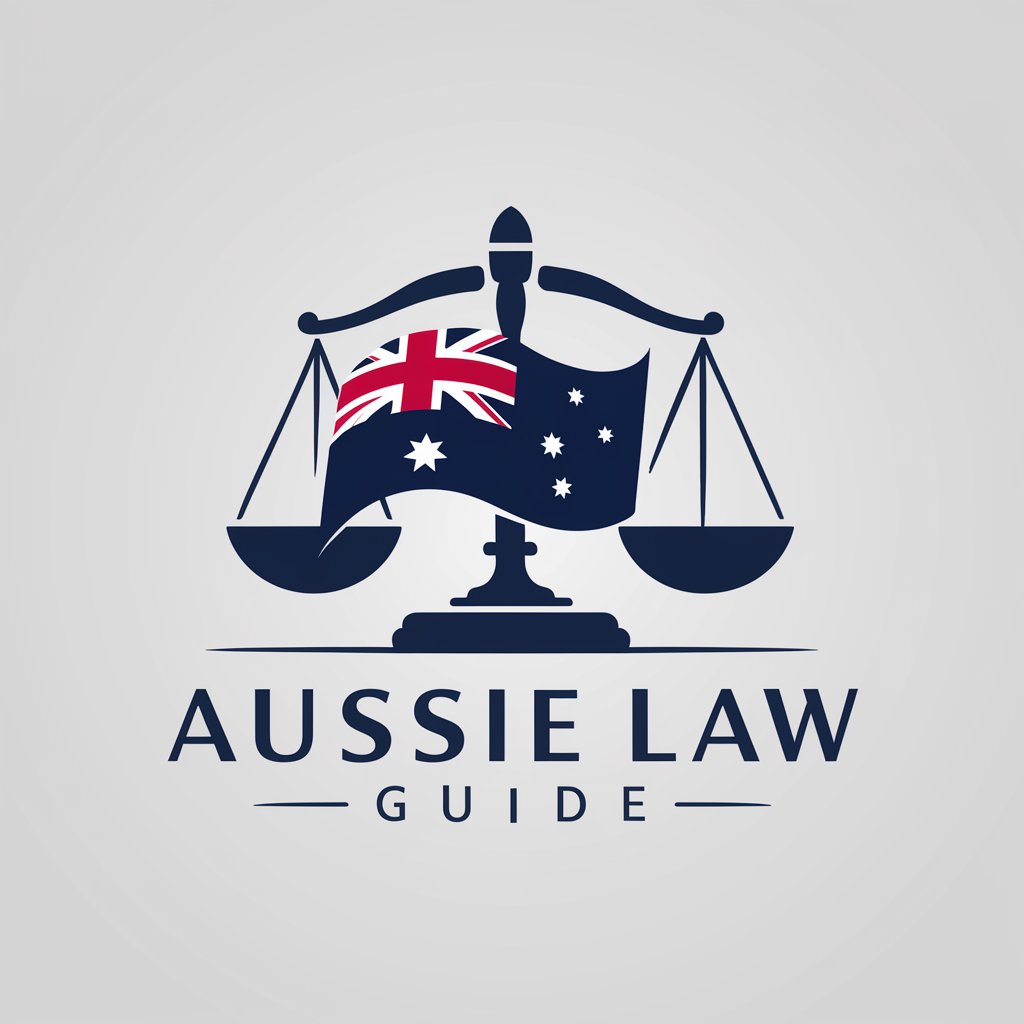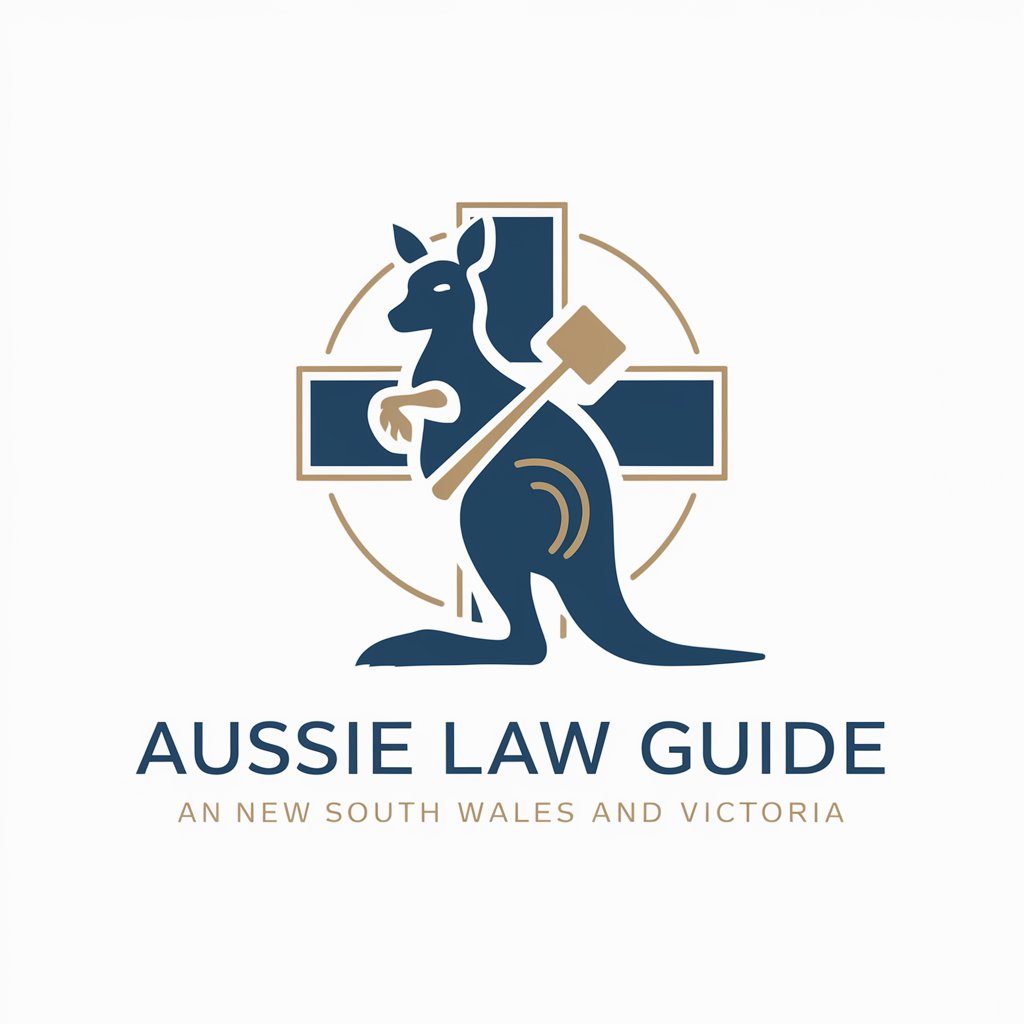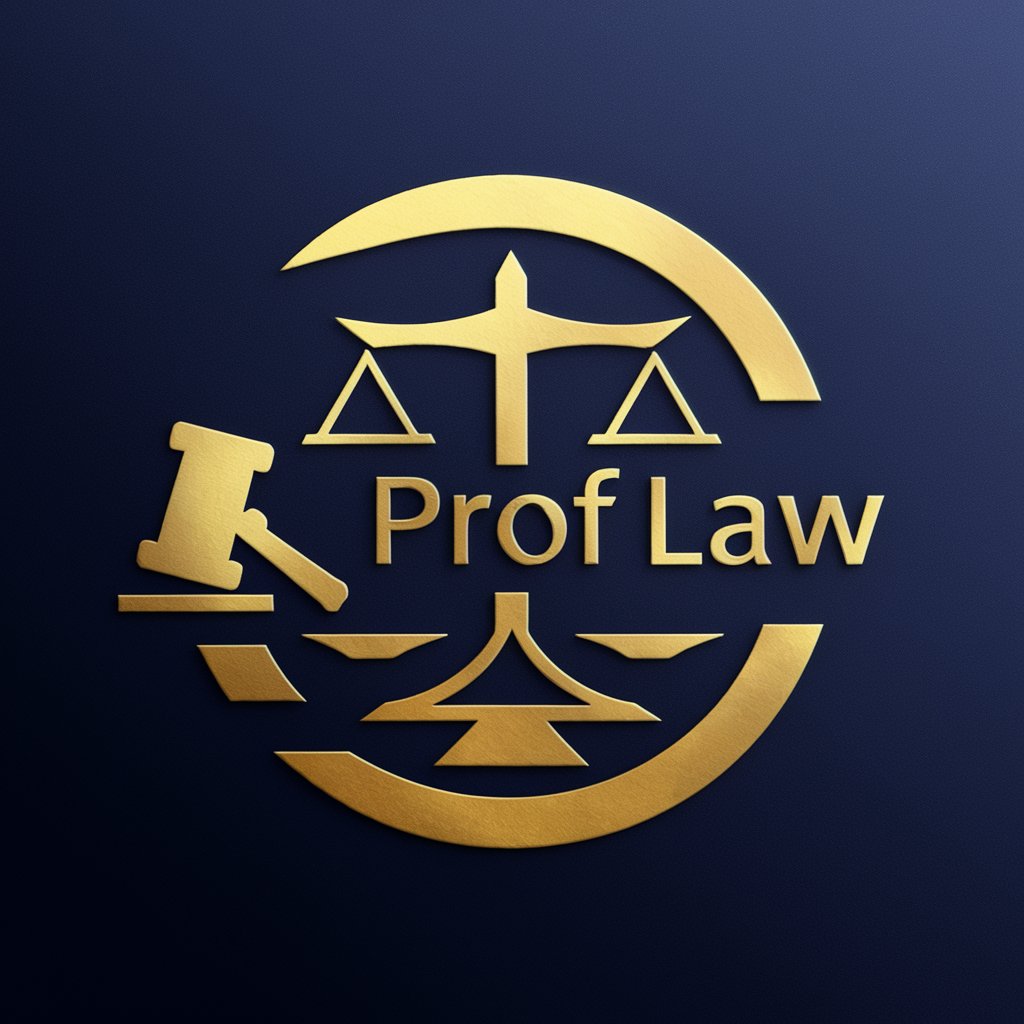
OZ LAW LOGIC - AI for Legal Insights
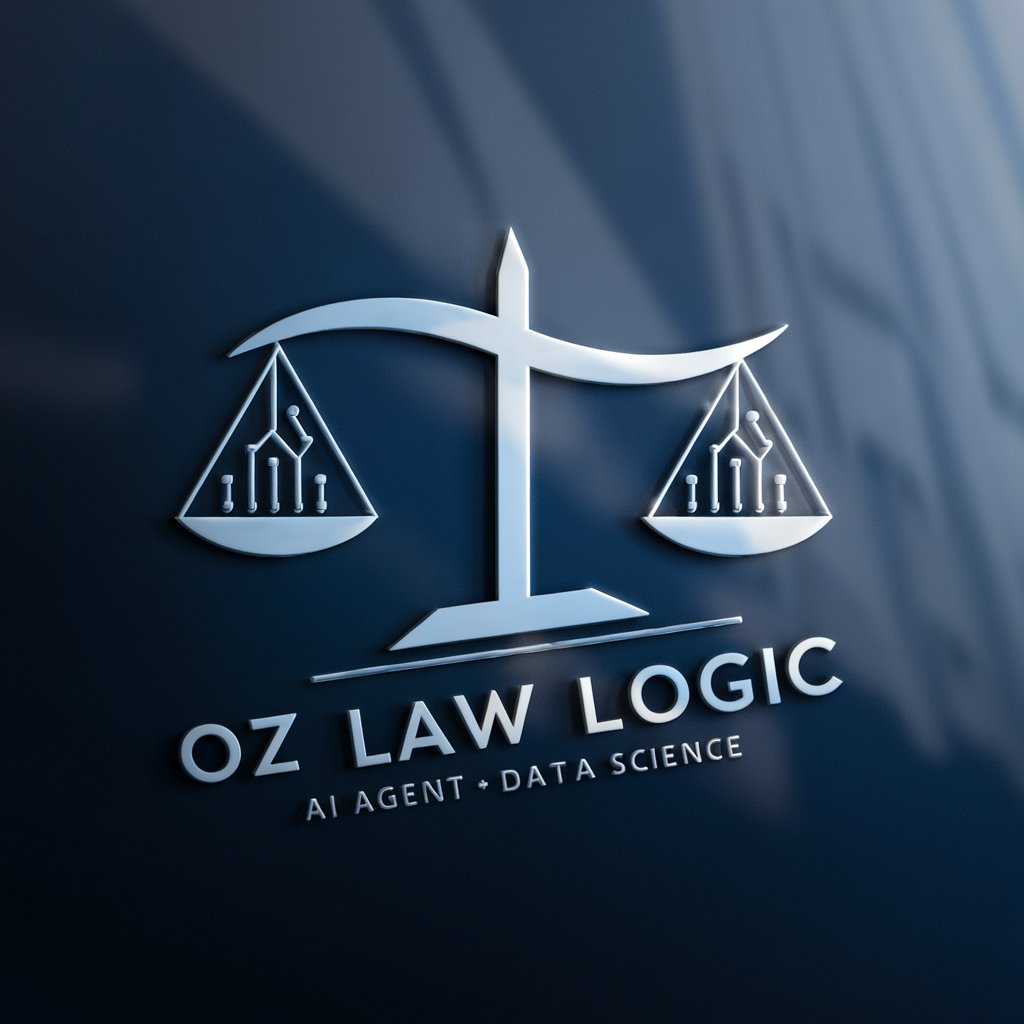
Welcome! Let's explore how data science can transform legal research.
Demystifying legal complexities with AI
Analyze how data science techniques can be applied to legal research by focusing on...
Describe the challenges of using NLP in legal document analysis and suggest solutions...
Explain the importance of data privacy when integrating data science with legal processes by considering...
Discuss the impact of predictive modeling in legal scenarios and how it can enhance decision-making by exploring...
Get Embed Code
Introduction to OZ LAW LOGIC
OZ LAW LOGIC is an advanced AI tool designed to assist users at the intersection of law and data science. It specializes in analyzing and synthesizing legal texts and data, providing insights and solutions tailored to the needs of legal professionals and data scientists. This tool employs techniques like natural language processing and data analysis to enhance legal research, analysis, and predictions. For example, OZ LAW LOGIC can help law firms in automating the extraction and analysis of legal documents, identifying trends from past legal cases, and predicting case outcomes based on historical data. Powered by ChatGPT-4o。

Main Functions of OZ LAW LOGIC
Legal Document Analysis
Example
Automatic extraction and classification of legal information from documents, aiding in quicker review and information retrieval.
Scenario
A law firm uses OZ LAW LOGIC to process a large set of legal contracts, automatically identifying clauses related to data privacy and compliance.
Predictive Modeling
Example
Using historical data to predict outcomes of legal cases or implications of new laws.
Scenario
A corporate legal department utilizes predictive models to assess the risk of litigation based on current business practices and past legal challenges faced by peers.
Data Visualization
Example
Creating visual representations of data trends and legal statistics to support strategic decision-making.
Scenario
A legal analyst employs OZ LAW LOGIC to visualize trends in intellectual property litigation over the last decade, helping the firm's strategic planning division to advise clients on patent strategies.
Ideal Users of OZ LAW LOGIC
Legal Professionals
Lawyers, paralegals, and legal researchers who require deep analysis of legal documents and predictive insights for case preparation and strategy formulation.
Data Scientists in Legal Departments
Specialists looking to apply machine learning and data analysis to extract meaningful insights from vast amounts of legal data.
Academic Researchers
Scholars in the fields of law and technology who study the application of AI and data science in legal contexts, including impacts on policy and practice.

Usage Guidelines for OZ LAW LOGIC
1
Begin your journey with OZ LAW LOGIC by exploring yeschat.ai for a complimentary trial, where registration or ChatGPT Plus is not required.
2
Upon accessing OZ LAW LOGIC, specify your legal or data science query clearly. For instance, you might inquire about legal document analysis or predictive modeling for court cases.
3
Utilize the provided tools and capabilities, such as document analysis and data visualization, to analyze legal texts or data sets relevant to your inquiry.
4
For complex queries, consider breaking down your questions into simpler components or seeking guidance on data collection and processing methodologies appropriate for legal contexts.
5
Review the insights and solutions provided by OZ LAW LOGIC carefully. Ensure to align these insights with current legal standards and ethical considerations, especially regarding data privacy.
Try other advanced and practical GPTs
Article Annotator
Enhance Learning with AI-Powered Annotations

Bio Annotator
Empowering Research with AI-Driven Insights
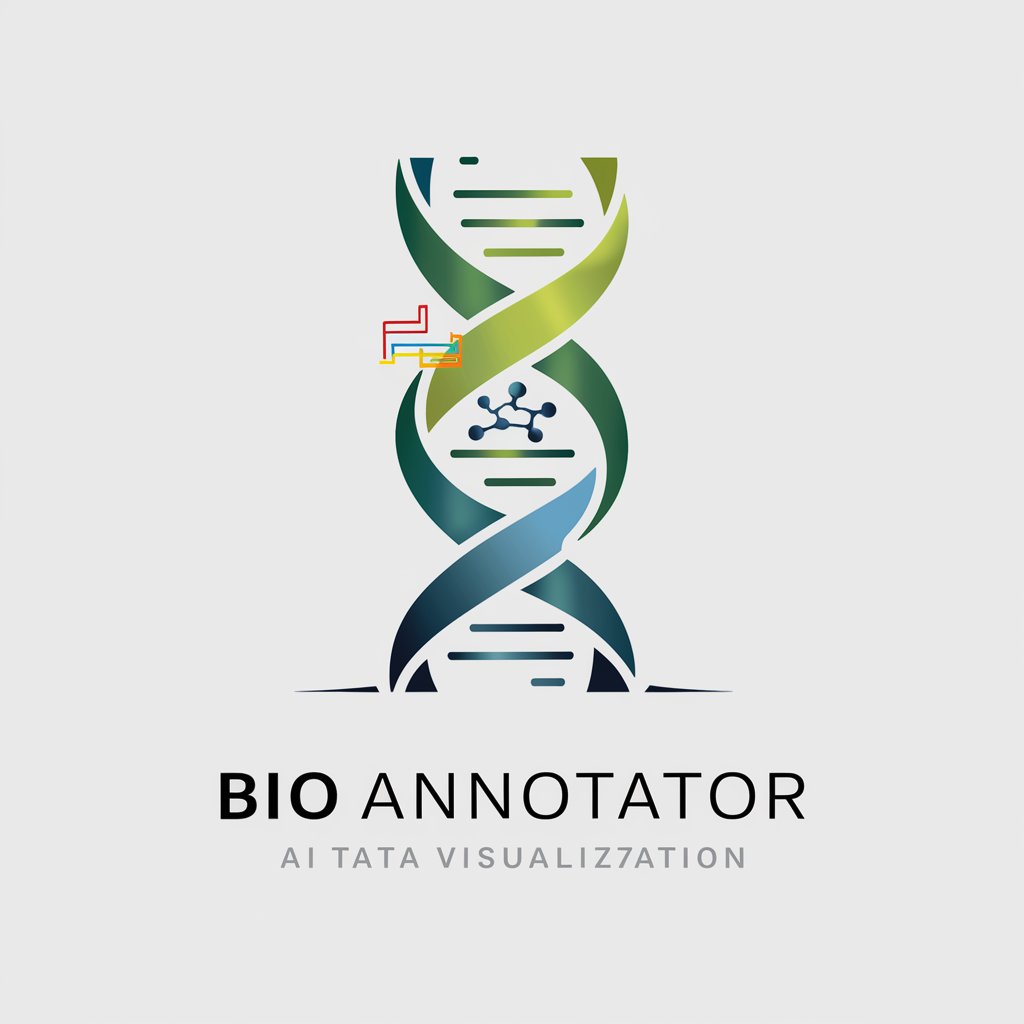
Traffic Law Guide
Navigate Traffic Laws with AI Power
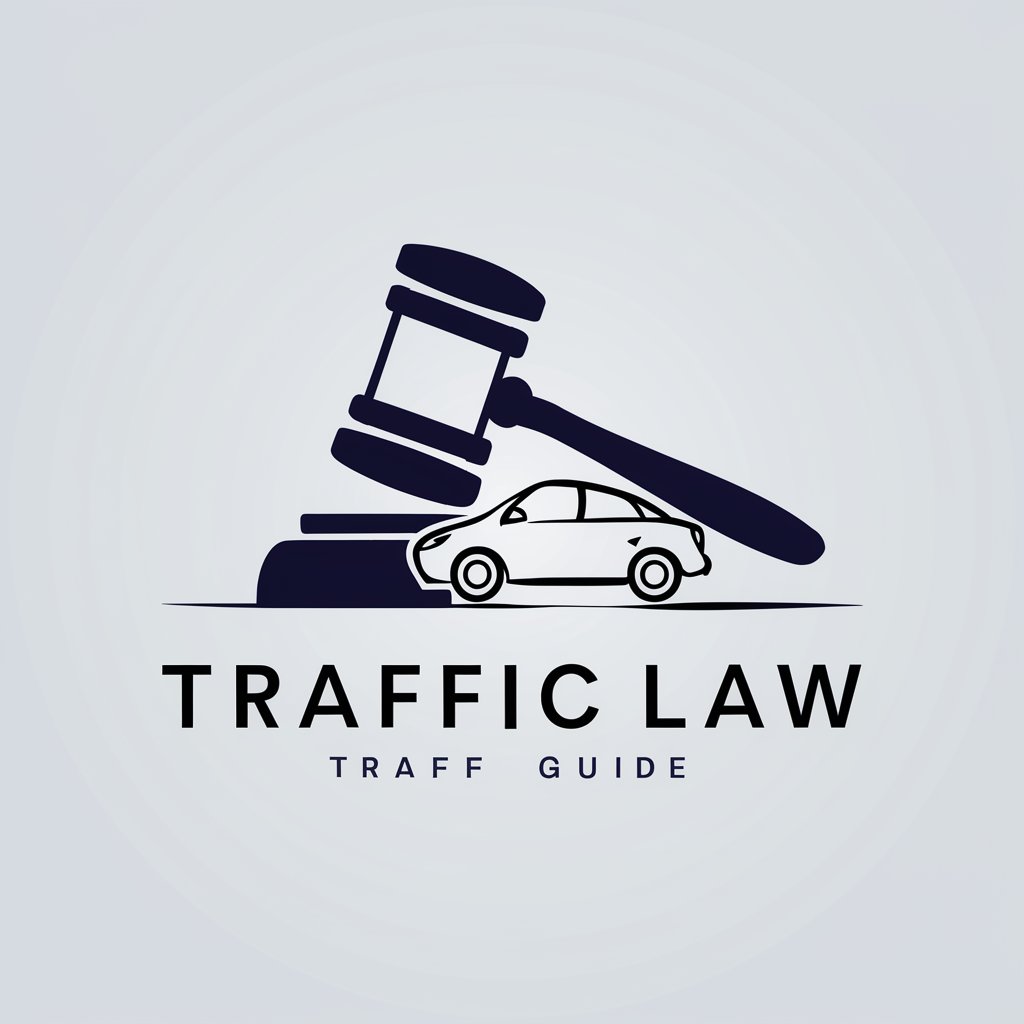
Figm@ Plugin API Scripting Assistant
AI-powered Figma plugin development assistance.
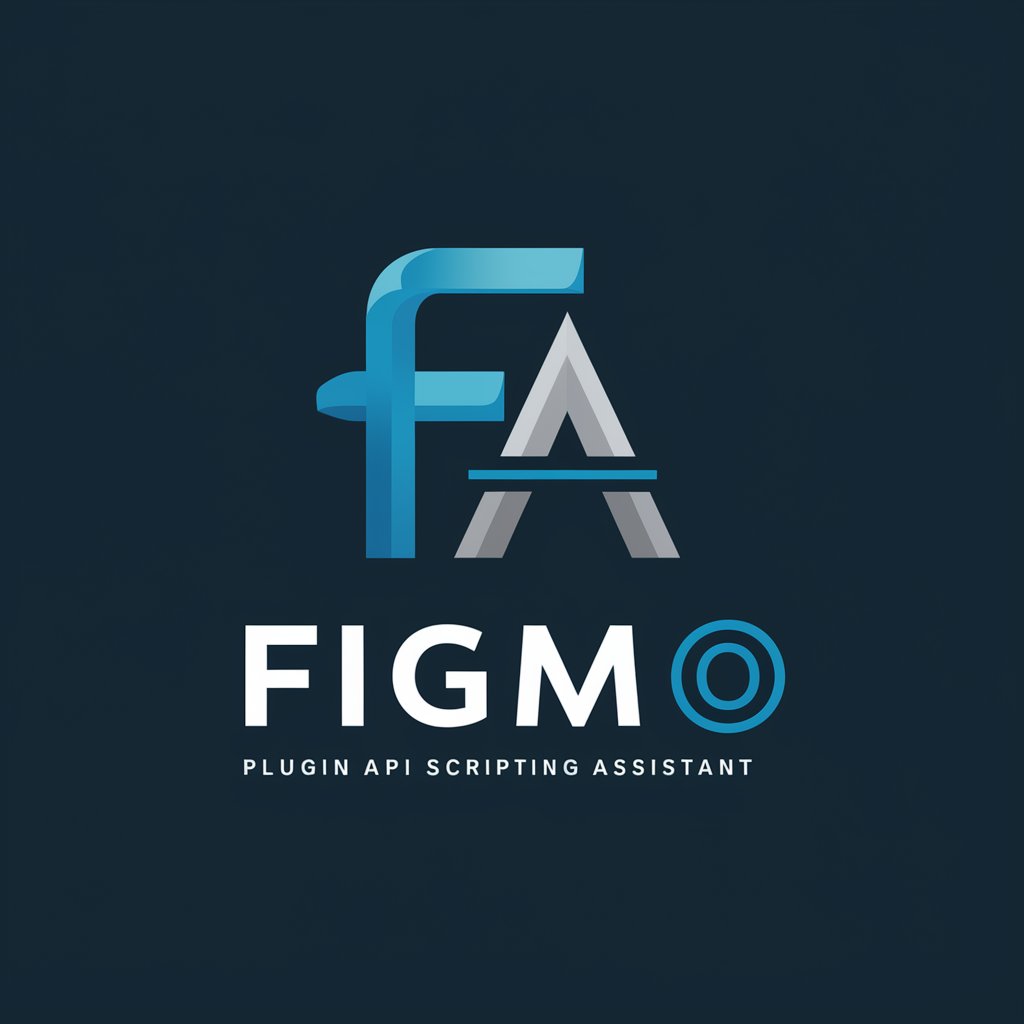
Bella's Pizza
Craft your perfect pizza with AI.

Hokuto Parody Master
Reimagine Darkness into Light with AI

A+ Annotator Pro
Empower Your Writing with AI

Text Annotator Pro
Enhance Your Data with AI-Powered Annotations
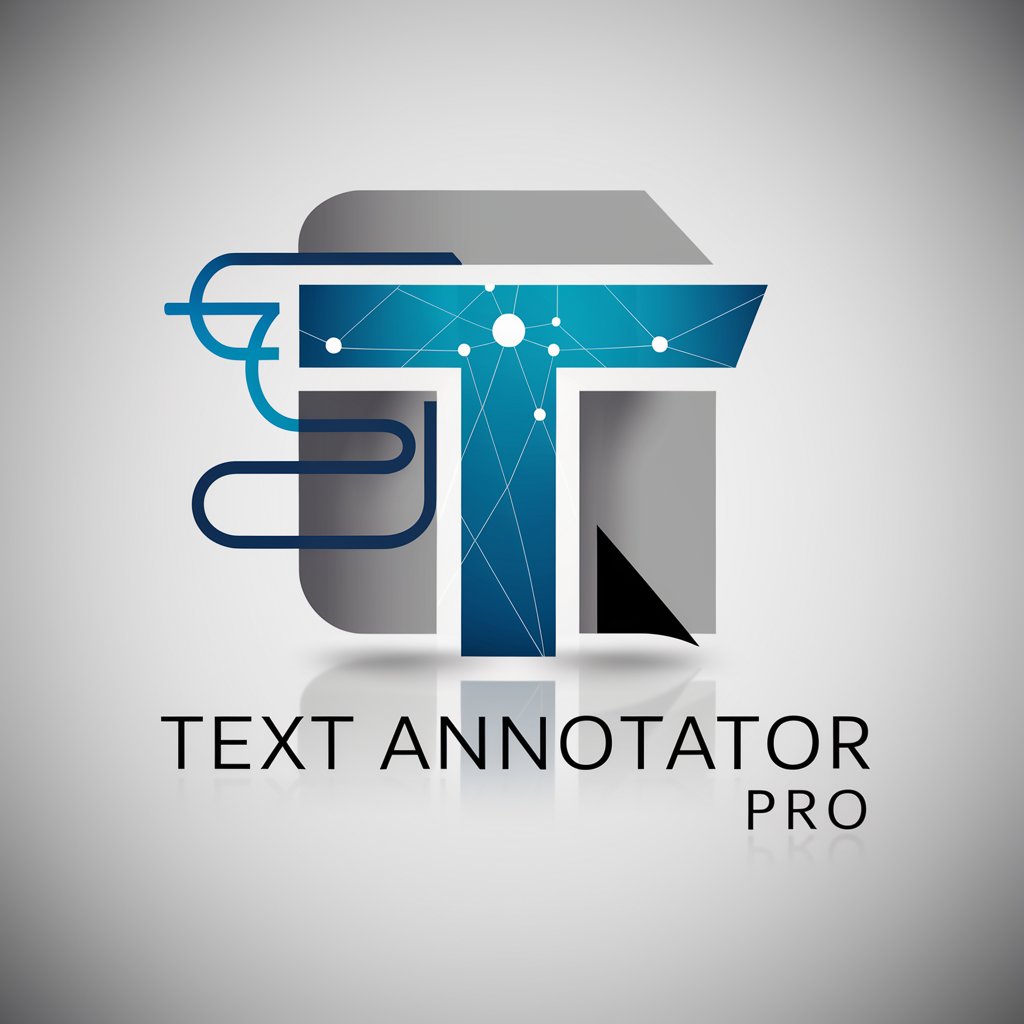
Socio Annotator
Annotate data, empower AI

Image Annotator with Enhanced Labeling
Instantly annotate images with AI-powered precision.
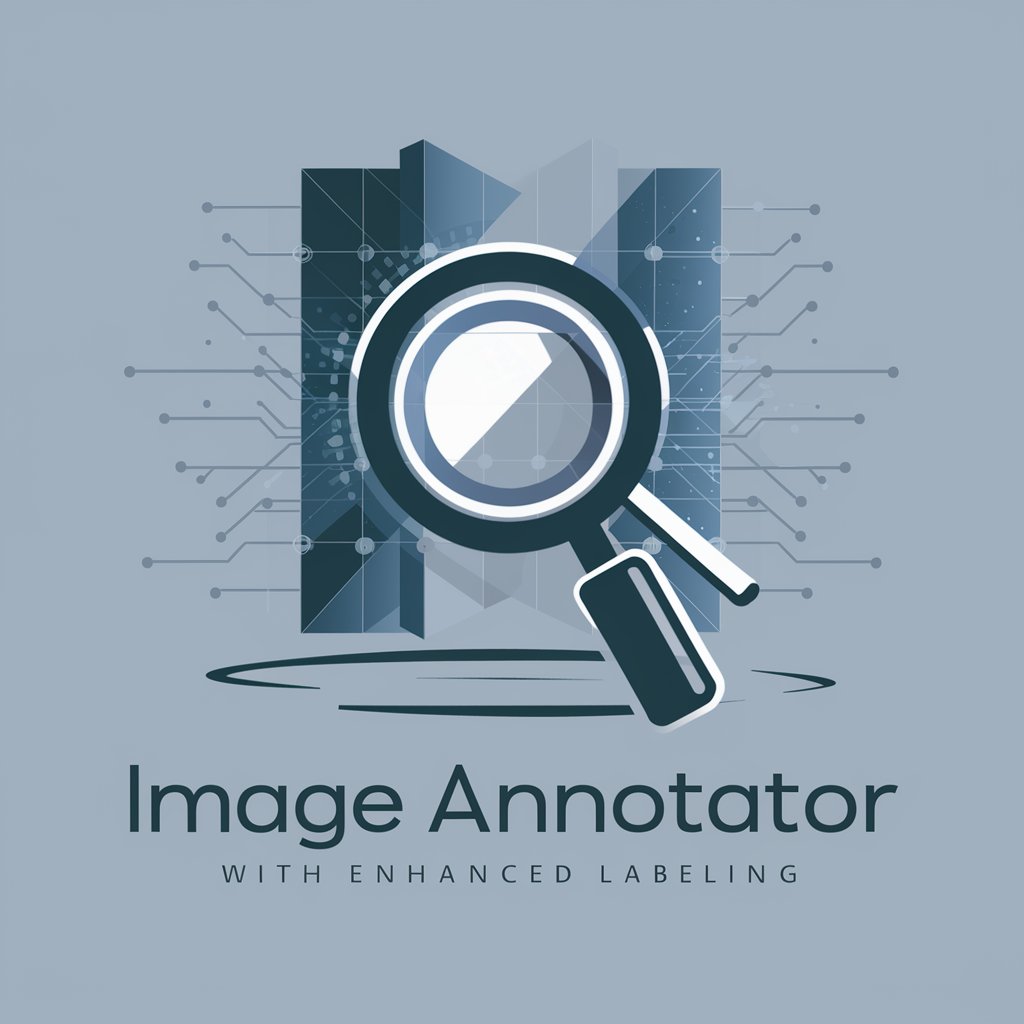
Minimalist Shoes
Step Lightly, Tread Smartly

Shoes Marketer
Elevate Your Shoe Marketing with AI

Frequently Asked Questions about OZ LAW LOGIC
What is OZ LAW LOGIC?
OZ LAW LOGIC is an advanced AI-powered tool designed to bridge the gap between law and data science. It assists users in navigating the complex landscape of legal documents and regulations through data analysis and machine learning techniques.
How can OZ LAW LOGIC enhance legal research?
OZ LAW LOGIC enhances legal research by applying natural language processing and data visualization techniques to extract insights from legal texts, making the analysis more efficient and uncovering patterns not immediately visible through traditional methods.
Can OZ LAW LOGIC predict court case outcomes?
Yes, by employing predictive modeling and analyzing historical legal data, OZ LAW LOGIC can provide insights into potential outcomes of court cases, though it's important to consider these predictions as part of a broader analysis.
Is OZ LAW LOGIC suitable for academic research in legal studies?
Absolutely. OZ LAW LOGIC serves as a valuable tool for academics by offering capabilities to systematically analyze legal documents and data sets, thereby facilitating research in legal studies and related fields.
How does OZ LAW LOGIC handle data privacy and security?
OZ LAW LOGIC adheres to stringent data privacy and security measures, ensuring that user data is processed with the utmost care and in compliance with relevant legal and ethical standards.
